Pongal, a harvest festival celebrated predominantly in Tamil Nadu, extends over four days to pay homage to the Sun God, a pivotal figure in the agricultural cycle.
The Pongal festival is mentioned in Sanskrit Puranas from 200 BC to 300 AD, known as the ‘Sangam age.’
As Pongal signifies the commencement of Uttarayan, families collectively try to clean their homes and surroundings, ushering in a sense of purity and renewal.
The Pongal festival, celebrated over three main days, is a joyous occasion, with each day holding special significance for the people of Tamil Nadu.
1. Bhogi Pongal:
Bhogi Pongal marks the beginning of the festivities. It’s a day dedicated to cleaning and getting rid of old things. People gather and discard unused items, symbolising the discarding of the old to make way for the new. Bonfires are lit, and there is a sense of renewal in the air as households prepare for the days of celebration ahead.
2.Surya Pongal:
Surya Pongal, the second day, is the primary day of Pongal. On this day, the traditional dish called “Pongal” is cooked. This delicacy is made from newly harvested rice boiled with milk and jaggery, symbolising prosperity and abundance. Families come together to cook and share this dish, offering thanks to the Sun God for a bountiful harvest.
3. Mattu Pongal:
On the third day, Mattu Pongal is dedicated to expressing gratitude to the animals, particularly cattle, which play a crucial role in agriculture. Cattle are adorned with colourful decorations, and special prayers are offered to them. This day acknowledges the significance of these animals in the farming community and expresses gratitude for their hard work.
4. Kanum Pongal:
Some Tamils celebrate a fourth day called Kanum Pongal, which focuses on spending time with family and friends. It is a day for relaxation and enjoyment, often involving outings and recreational activities. Families may share a meal, strengthening the bonds of kinship.
During this four-day celebration, a collective family ritual emerges as everyone bathes early in the morning, adorning themselves in traditional attire. Women elegantly drape sarees or pavadas, while men choose the dignified angavastram. The creation of Pongal Kolam, an intricate and colourful pattern made from a paste of rice flour mixed with water, milk, or coconut water, becomes a cherished artistic tradition that adds a special touch to the entire festivity.

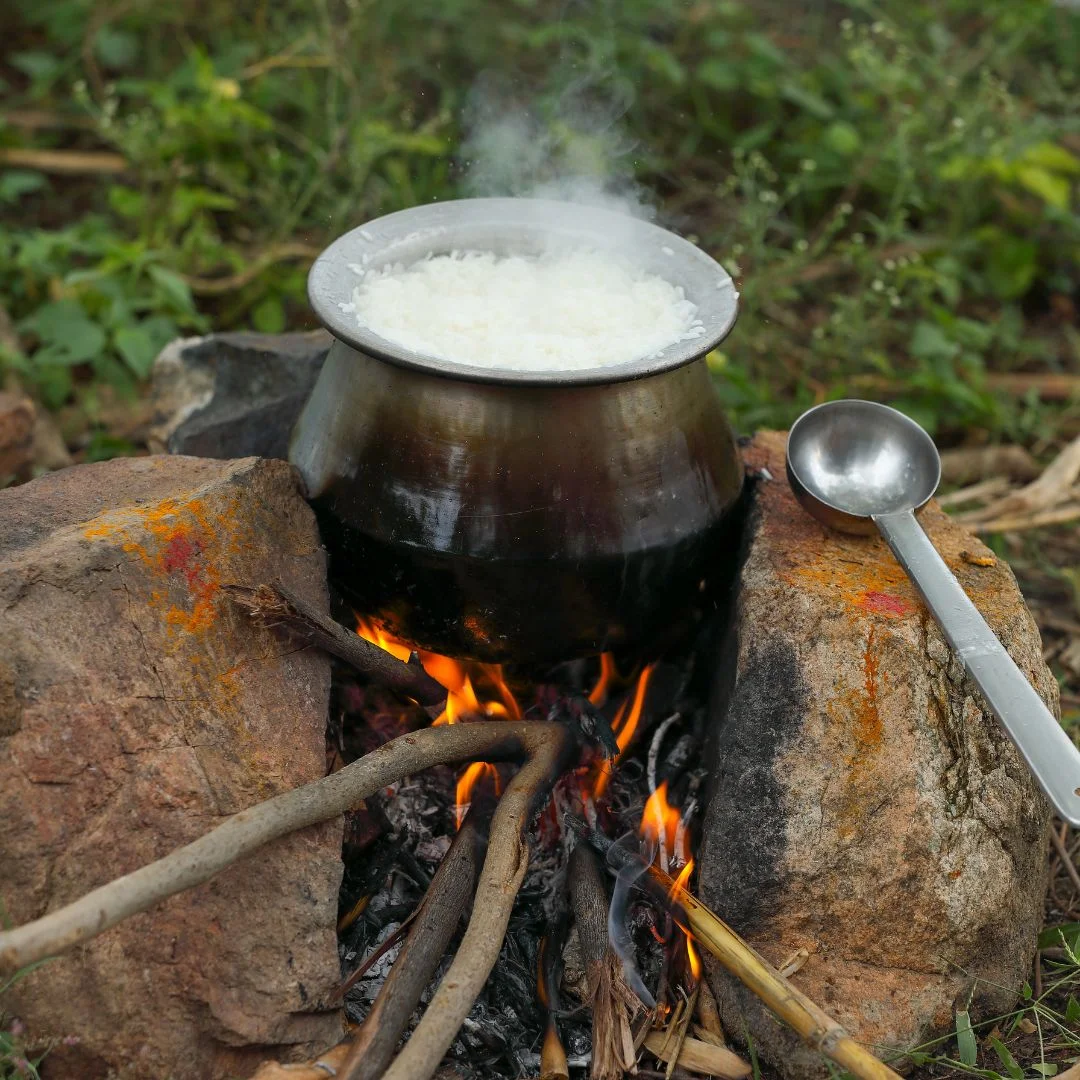
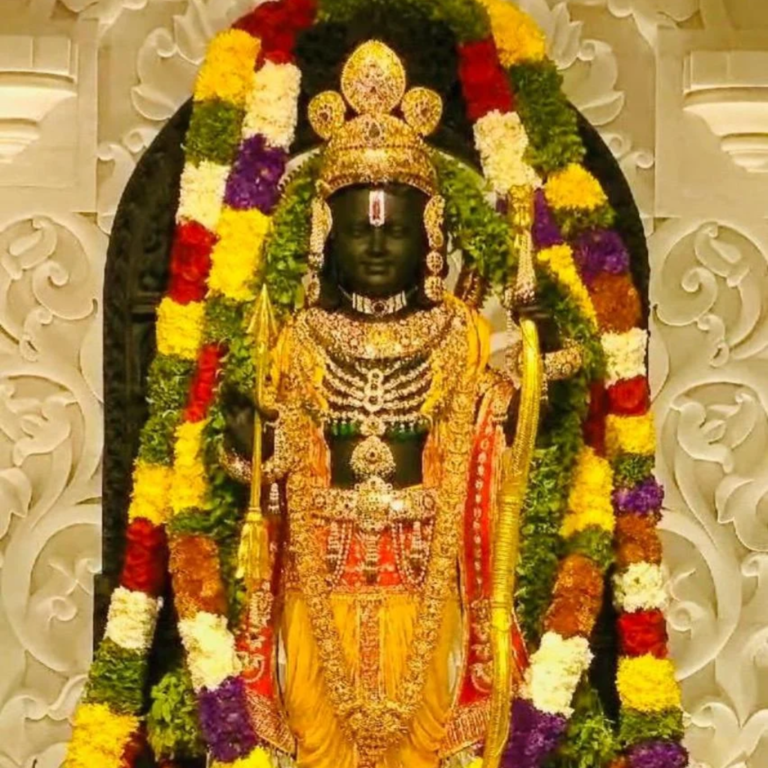




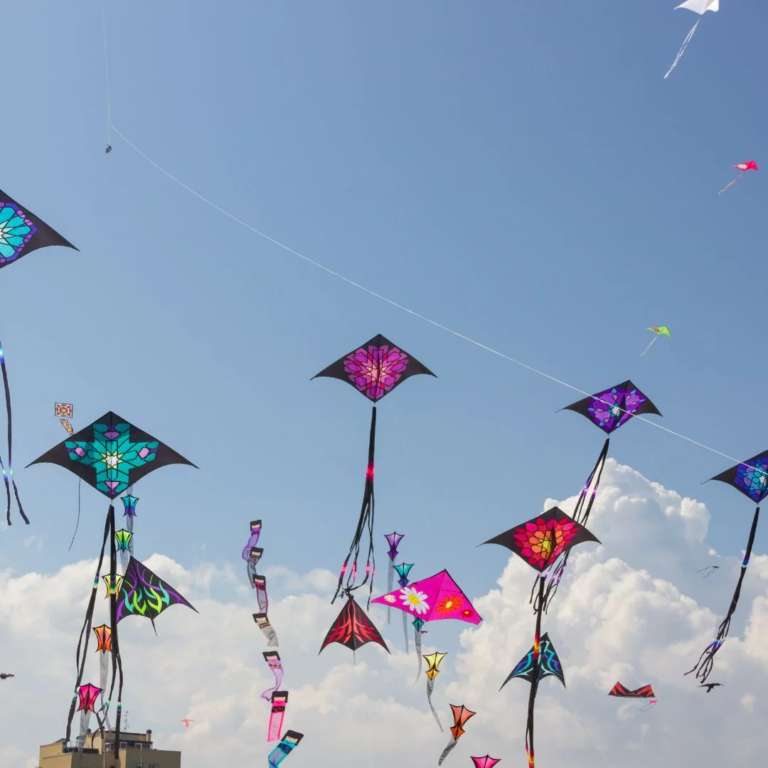




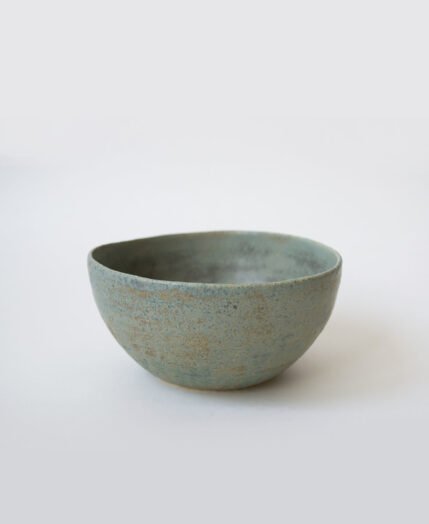

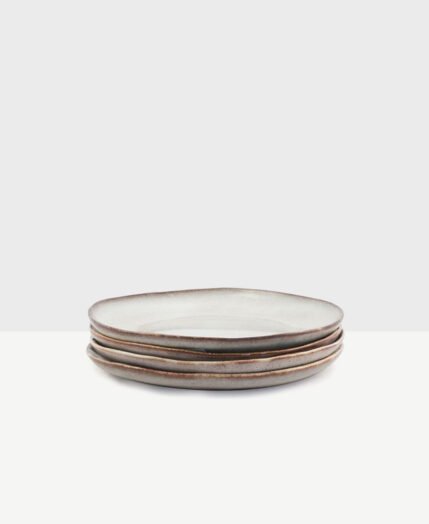
Incidunt occaecati accusamus sed consectetur qui. Qui et iste sint officia. Necessitatibus officia provident ipsum. Minus et dolorum qui quisquam pariatur sed distinctio
Magni et quaerat totam. Explicabo facilis rerum velit odit Tempore provident animi facilis ut voluptatum incidunt quaerat rerum quam voluptatibus modi ut.
Checkout our new blog post here
Aperiam voluptates eius consequatur odio. Fugiat minima eaque reiciendis eius. Eum dolorem exercitationem eum eaque rerum quia qui. Quo voluptatem exercitationem porro cupiditate voluptatem quia. Numquam dolore voluptatem quae sint velit non et. Nobis quod fugiat voluptatem laboriosam et asperiores facere.
Rem magnam accusamus perferendis error eum. Consequuntur error quo quae est. Nobis beatae quia laudantium nihil
Illum soluta qui culpa et et. Est voluptate saepe accusantium est laudantium